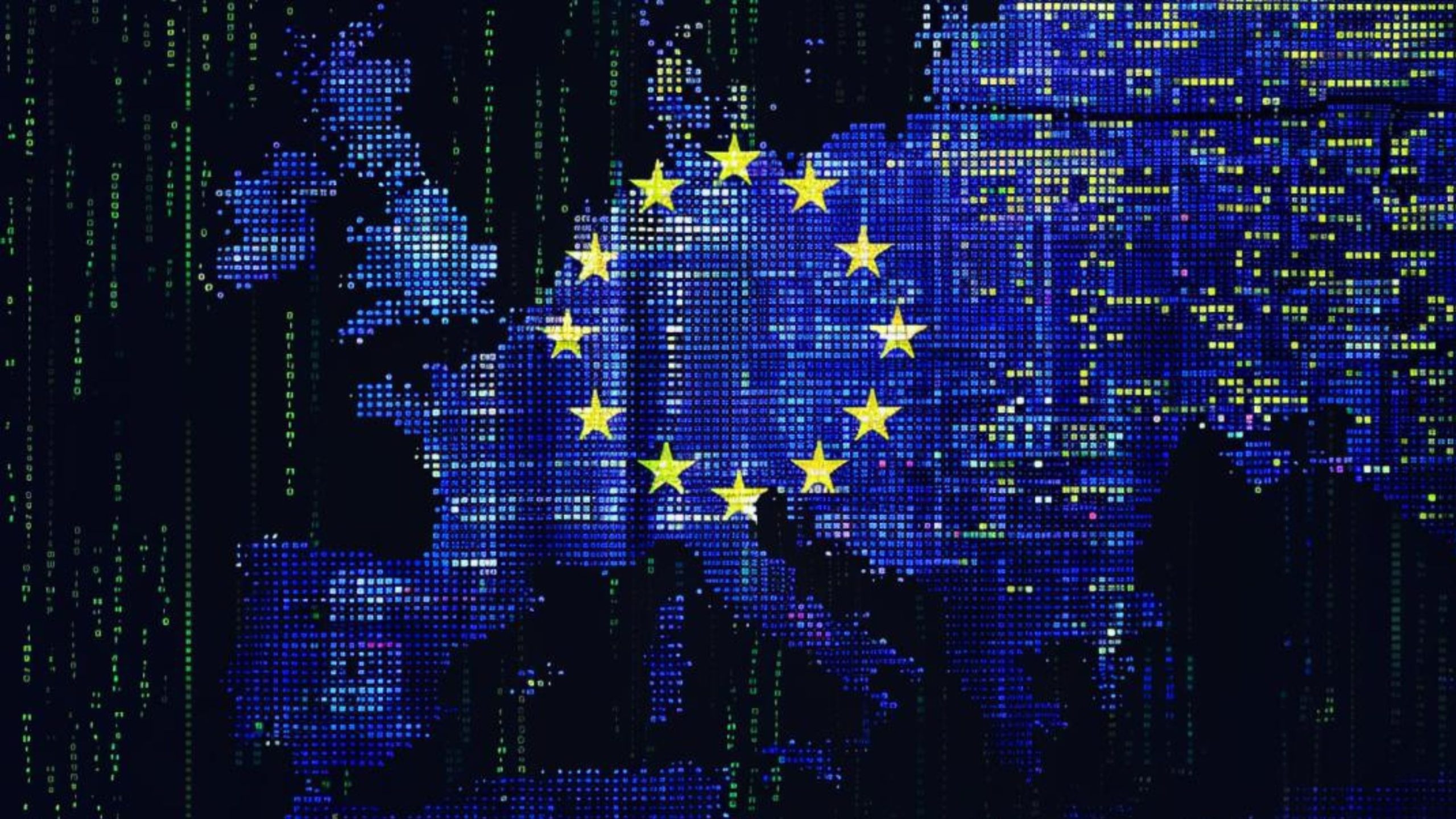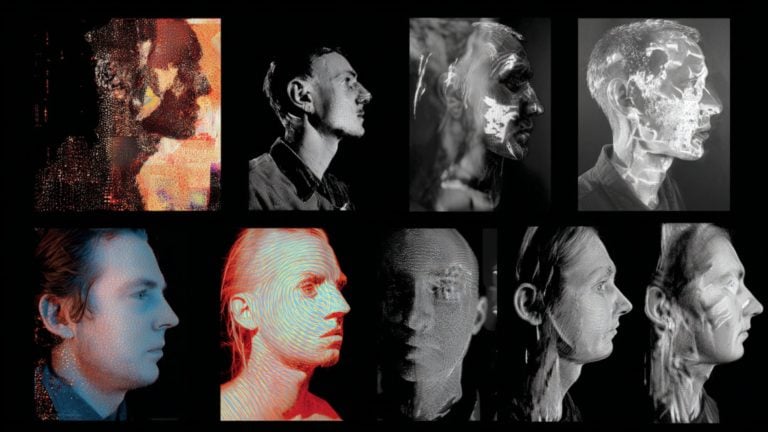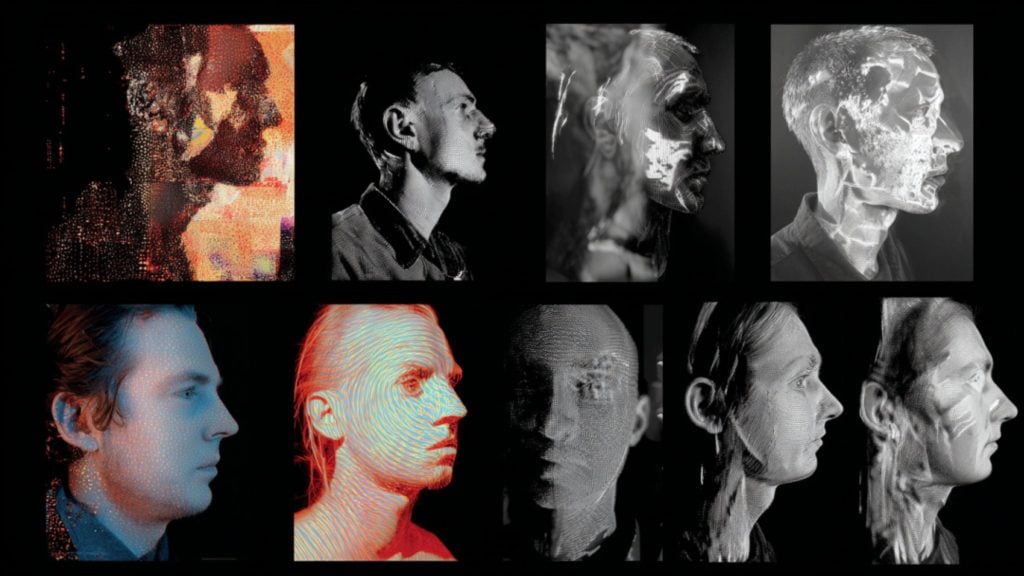The European Parliament (EP) has passed the AI Act, a piece of legislation that started to be drafted back in 2021 as a way to prevent mass surveillance based on biometrics – but has now in fact promoted this practice into law.
And it’s a law that will enter into force this May after receiving a “blessing” from the Council of the EU, to then be implemented starting 2025.
The EU for its part announced the adoption of the AI Act as a “landmark” event, and touts it as providing safeguards regarding AI’s “general purpose,” as well as “limiting the use of identification systems by law enforcement.”
The EU also claims that the act promotes not only safety and compliance, but also innovation.
“It aims to protect fundamental rights, democracy, the rule of law and environmental sustainability from high-risk AI, while boosting innovation and establishing Europe (EU) as a leader in the field,” a press release said.
However, members of the EP (MEPs) from the Pirate parties could not disagree more, and have voted against.
They assert that the drafting of the AI Act was accompanied by trilogue negotiations (between the EP, the European Commission, and the Council of the EU) that were not transparent enough, and resulted in changes to the original idea that now “effectively allows law enforcement the introduction of error-prone facial surveillance and facial recognition camera software in public spaces,” as MEP Patrick Breyer stated on his blog.
Breyer refers to these, and other tools now at the EU government’s disposal – such as real time surveillance of public places, “racial classification and unscientific AI” – as authoritarian instruments that threaten to turn democracies into “high tech surveillance states.”
The Czech Pirate Party is equally unimpressed, with MEP Marcel Kolaja saying that the new law contains elements inserted by “national governments” that he says “de facto” set up the legal basis for mass spying on citizens using biometric tech-powered devices, such as cameras.
“Such cameras, equipped with artificial intelligence, are able to recognize people’s faces and thus keep track of who has been where, when, and with whom. The AI Act should have banned such an Orwellian tool, but instead it explicitly legalizes it,” Kolaja stated.










